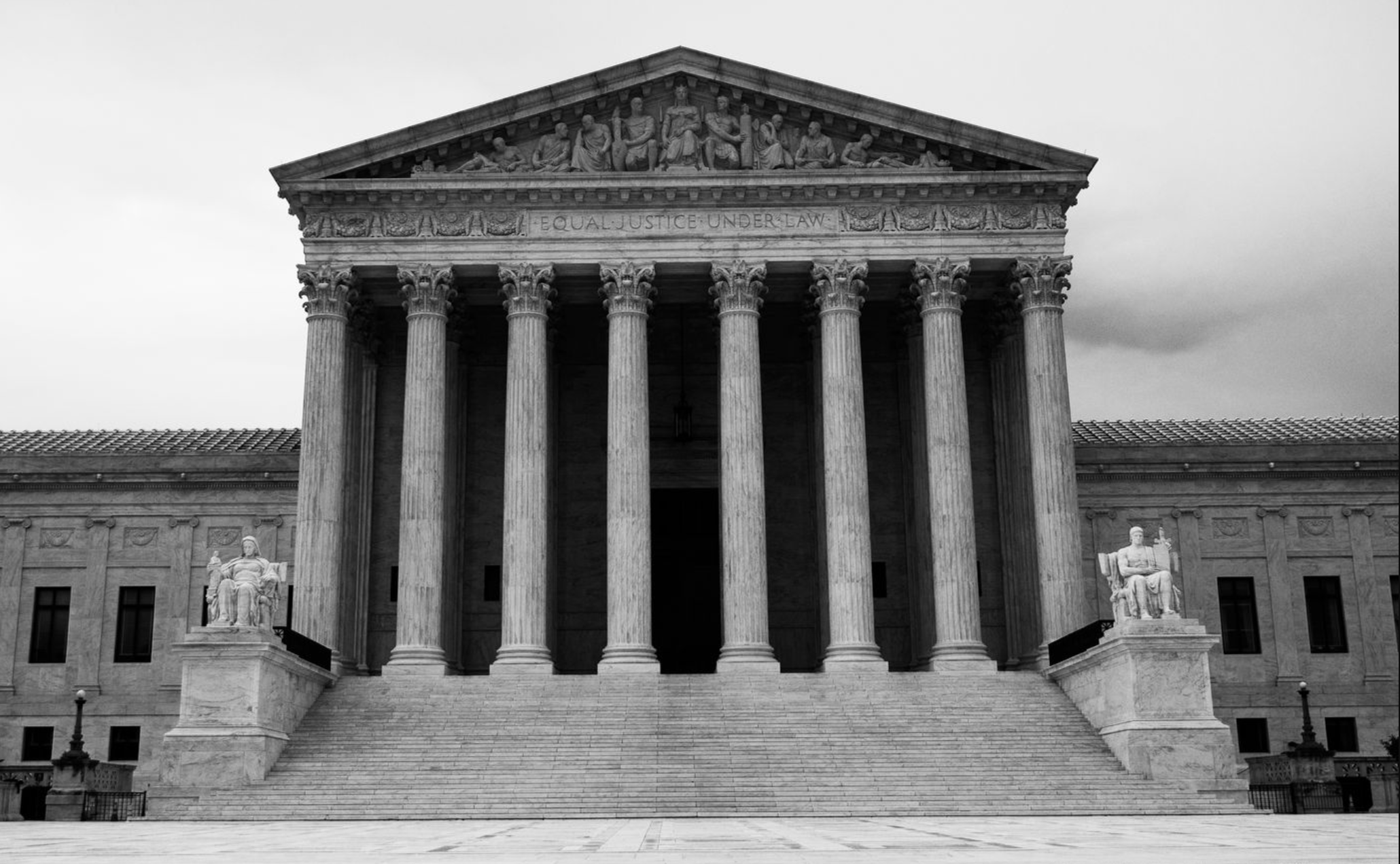Part III of Our Look at the States: State Court Recusal Policies
The federal judiciary can learn from how state courts succeed and stumble with judicial disqualification
By Amanda Dworkin, FTC law clerk

The Supreme Court justices have come under fire lately for lenient financial disclosures and rejecting recusal in cases where some see conflicts.
Recent state court developments illustrate the importance of strong judicial disqualification rules and provide policies that may be imported into the federal judiciary.
In August, the Supreme Court of Tennessee affirmed that judges are obligated to recuse themselves by their own initiative in “any case in which their impartiality may be questioned.” The Court emphasized that the state uses an objective, “stringent” standard to safeguard both fairness to litigants and the public’s faith in the institution’s integrity. Tennessee also details how campaign contributions should factor into judicial disqualification by assessing factors such as the level of contribution, the contributor’s relationship to all parties involved (including when the contributor is not a party to the case), and the timing of the contribution.
In December, New York enacted a law requiring judges to explain their recusal decisions.
New York joined Alaska and Wisconsin in the growing consensus of states that have recognized such record-keeping is critical to public access and judicial integrity. Moreover, this law builds off of the reasoning of state judicial campaign contribution rules wherein judges are disqualified from cases in which a single person before them has contributed over $2,500, or multiple people before them have collectively contributed over $3,500, to their judicial election campaign over the last two years.
Objective campaign contribution disqualification rules, like New York’s, remove individual discretion, providing a simple way for judges to uniformly assess conflicts.
Along these same lines, a 2010 California law disqualifies judges when a person before them has contributed $1,500 or more to their judicial election campaign over the past six years. This law was recommended by the bipartisan, independent California Commission for Impartial Courts, described as “non-controversial” by the legislature during its consideration and was then enacted without recorded opposition.
In contrast, there’s Texas. Last July, the campaigns of Texas Supreme Court Justices Jane Bland, Jeffrey Boyd and Brett Busby and Chief Justice Nathan Hecht each sponsored the state Republican Party convention, which was a party to a case before them, and three of four (all but Boyd) did not recuse. Sitting was clearly the wrong call.
Texas does not provide objective campaign contribution disqualification rules nor objective, detailed standards for triggering judicial disqualification. And unlike many other states, Texas rules do not deviate significantly from the boilerplate rules drafted by the American Bar Association.
The federal judiciary should take notice of the recent examples set by these states and reconsider whether they are really doing all they can to earn the trust and the faith of the public they serve.